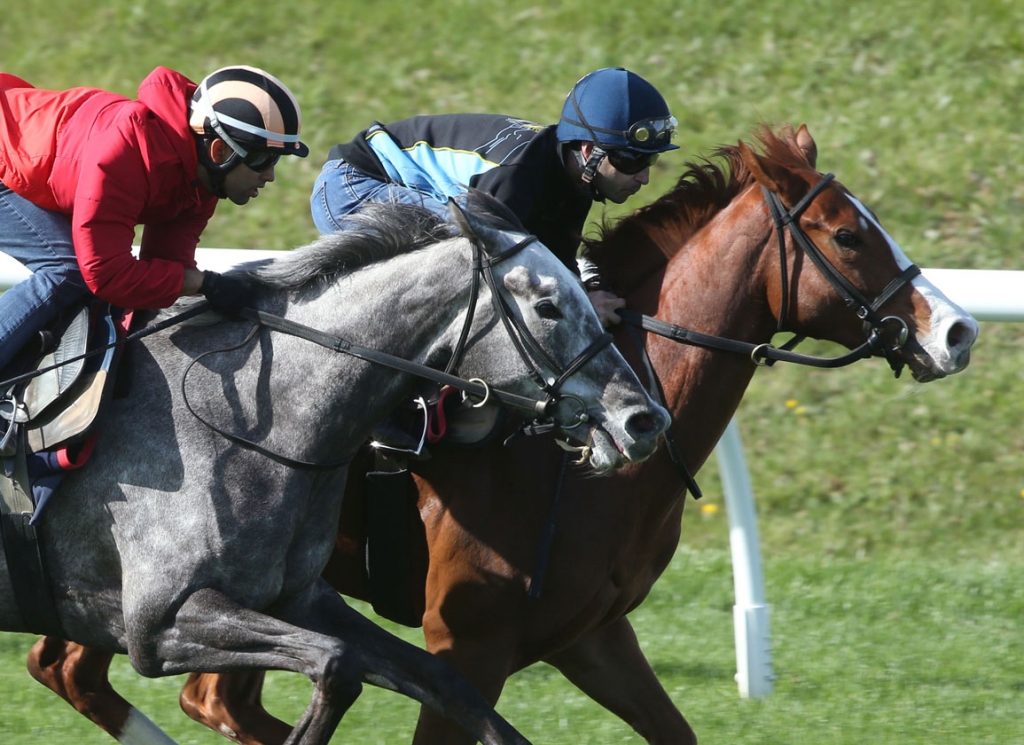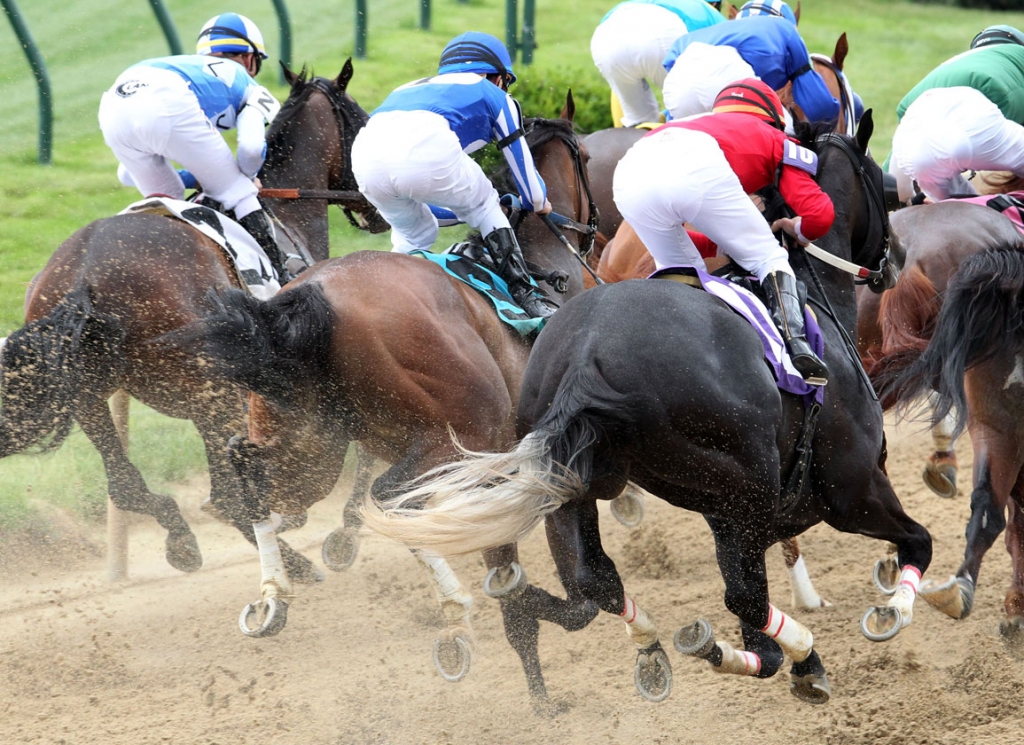The New York State Gaming Commission (NYSGC) on Monday denied a request by trainer Ken McPeek to bring clarity to the process of how and when Thoroughbreds coming out of a quarantine can be allowed to enter races.
Back on July 15, another trainer's horse in the barn McPeek shared at Saratoga Race Course tested positive for equine herpesvirus (EHV-1). State agriculture officials, the New York Racing Association, and the NYSGC then imposed a 21-day quarantine of the entire barn retroactive to July 11, which is a common precaution in such EHV-1 outbreaks.
The understanding was that if no other horses got sick during that time frame, the entire stable would be released from quarantine and allowed to race as of Aug. 1.
But when McPeek tried to enter seven horses just days in advance of the quarantine's expiration for the Aug. 1, 4 and 5 cards, the entries were denied by the Saratoga stewards because the horses were still under quarantine at the time those entries were to be taken.
After being unable to make any headway on his own, McPeek retained New York-based attorney Drew Mollica, who reached out to the stewards on July 30, some 3 1/2 hours before the Aug. 3 card was drawn, in hopes that a hearing could be held and the McPeek horses could begin running as soon Aug. 4.
Mollica told TDN at that time that he had sent emails and placed phone calls to NYSGC steward Braulio Baeza Jr. and to the commission itself, but none of the messages yielded a reply.
Mollica wanted to point out that a recent precedent should have been used as a template in the matter: He said that in January 2018, trainer Linda Rice was allowed to pre-enter a horse coming out of an EHV-1 quarantine prior to the actual expiration of that restriction.
Eventually, McPeek's horses were allowed to enter races at the Spa after Aug. 1. But he and his clients had already missed out on purse-earning opportunities. Some owners had made plane and hotel reservations to come to Saratoga to see their horses run, and jockeys had given up other mounts to commit to ride the McPeek stable's horses that the trainer thought would have been able to race.
McPeek then had Mollica formally appeal the situation to the NYSGC, seeking a declaratory judgment arguing that the stewards' position was arbitrary and capricious. McPeek also wanted NYSGC to adopt quarantine race-entry protocols so he and other horsemen would know what to expect in the future, and he asked for equitable relief to assuage the financial injury to himself and his owners.
During the NYSGC's Nov. 8 meeting, all three of those requests were denied.
The case was not discussed and ruled upon by commissioners during the open, public meeting. Instead, executive director Robert Williams read a prepared statement that stated the commissioners had previously heard the arguments and had designated commissioner Peter Moschetti to rule on the matter.
“Following consideration of submissions, commissioner Moschetti found that a declaratory judgment was not available, as the time to enter horses in the desired races had passed, and that there was no longer an existing controversy that would have a direct and immediate effect upon the rights of the parties,” Williams stated.
“Commission Moschetti also found that the granting of the relief sought would constitute issuing an advisory opinion which was not allowable under the facts and circumstances of the matter,” Williams stated.
“Finally, commissioner Moschetti found that directing the commission to create a protocol or rule for the future to decide the issue [that was] raised was beyond the scope of the appeal,” Williams stated.
After the meeting, Mollica told TDN via phone that he wasn't sure if there would be a next legal step for McPeek to seek remedy. But he said it's imperative that the NYSGC address the stewards' inconsistencies in how they handled the 2018 and 2021 EHV-1 entry situations.
“While the commission chose not to delve into the facts and suggested that they procedurally had no power, the reality is that the actions of the stewards were completely contradictory to the actions they had taken in 2018 in the matter of Linda Rice,” Mollica said.
“The horse had the exact same virus. It was exactly the same quarantine, and they allowed her to enter the day before the quarantine ended,” Mollica said.
“It is my hope that although they didn't decide it on the merits, that Mr. McPeek's efforts brought this egregious situation to light, and that they will address it administratively in the near future, because Mr. McPeek brought the inconsistency of their actions to light,” Mollica said.
The post NYSGC Nixes McPeek’s Request for Clarity in Quarantine Entry Snafu appeared first on TDN | Thoroughbred Daily News | Horse Racing News, Results and Video | Thoroughbred Breeding and Auctions.



